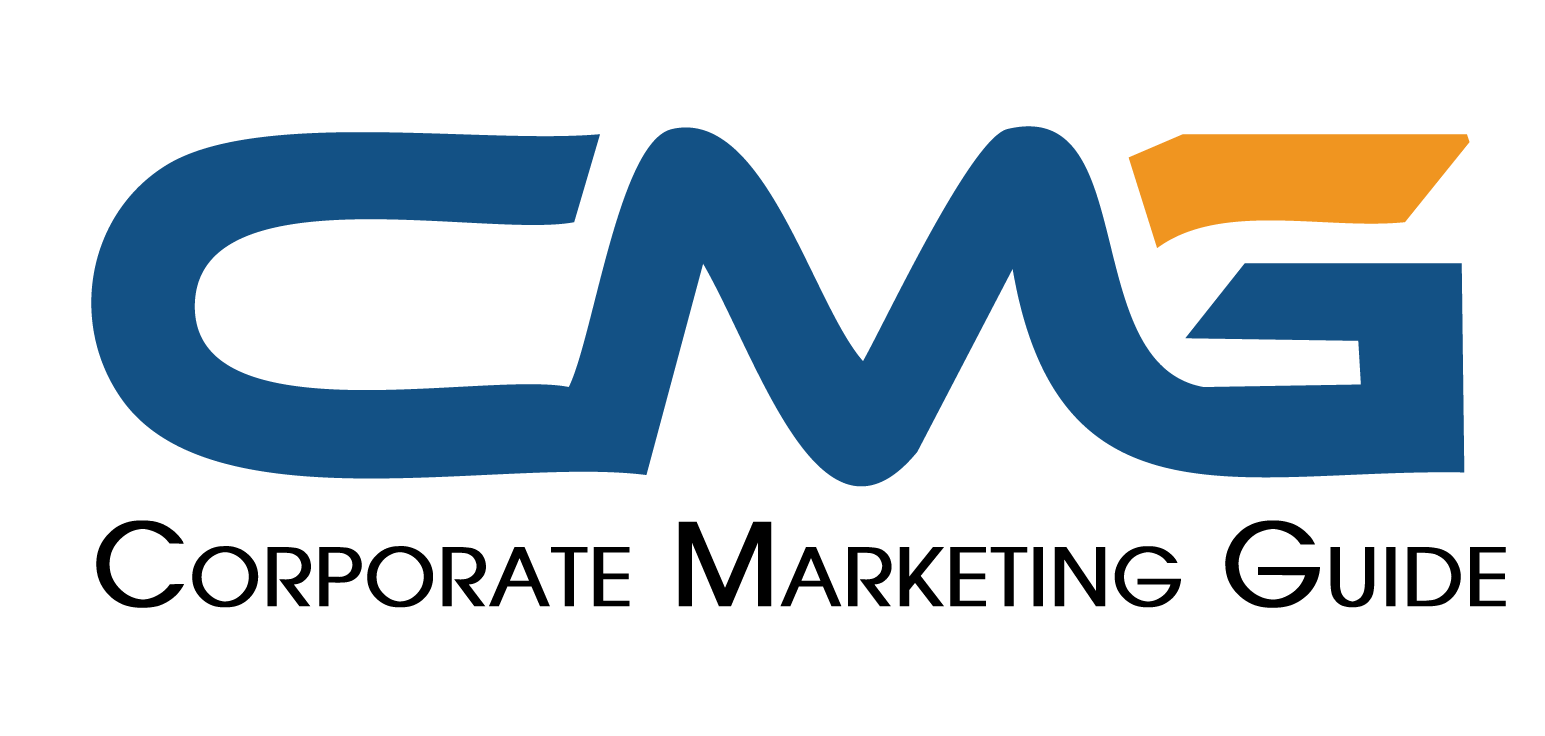In today’s cutthroat digital landscape, businesses without effective SEO strategies are essentially invisible. While competitors dominate search results and capture valuable traffic 24/7, companies with poor search visibility slowly bleed potential customers and revenue. What many business owners don’t realize is that finding and working effectively with the right SEO expert can be the difference between digital obscurity and market leadership.
Remote SEO consulting has emerged as a powerful solution, giving businesses access to specialized expertise regardless of location. But this opportunity comes with significant risk. Working with the wrong consultant—or mismanaging the right one—can waste precious months and thousands of dollars while competitors continue strengthening their market position.
This guide reveals exactly how to establish and manage a successful relationship with a remote SEO consultant that delivers measurable results and genuine competitive advantage.
The Hidden Dangers of Poor Remote Collaboration
Before exploring how to succeed with remote SEO consulting, it’s critical to understand what’s truly at stake. Beyond just wasted budget, ineffective consulting relationships create several devastating consequences:
Implementation failure: Studies show that up to 80% of SEO recommendations never get properly implemented due to poor communication, unclear priorities, or inadequate guidance. This means businesses pay for expert advice they never actually benefit from—the worst of all possible scenarios.
Misaligned expectations: Without proper management, businesses often expect immediate ranking improvements for competitive terms, while consultants focus on technical foundations and content development. This disconnect leads to premature termination of relationships right before they would start delivering value.
Strategy abandonment: Many businesses jump between different SEO approaches without giving any single strategy sufficient time to demonstrate results. This constant shifting creates a patchwork of incomplete initiatives that collectively produce nothing while draining budgets.
Competitive vulnerability: While you struggle with ineffective consulting relationships, competitors working with skilled SEO experts continue strengthening their positions, making each passing month more expensive to recover from.
These pitfalls aren’t just theoretical—they represent the actual experience of countless businesses that failed to establish proper remote consulting frameworks.
Establishing the Foundation: Finding the Right Remote SEO Consultant
The success of any remote consulting relationship begins with selecting the right partner. Look for these critical characteristics:
Specialization in your industry: Generic SEO knowledge produces generic results. Elite consultants develop deep specialization in specific verticals, understanding the unique challenges, opportunities, and competitive dynamics. They speak the language of your industry and demonstrate familiarity with its specific search landscapes.
Proven process documentation: Leading remote consultants compensate for physical distance with exceptional documentation. They should provide clear examples of their onboarding procedures, implementation guides, and reporting frameworks before you engage them.
Communication clarity: The best consultants articulate complex SEO concepts in plain language. During initial conversations, they should explain technical issues without hiding behind jargon or making concepts seem more complicated than necessary.
Results verification system: Reputable consultants provide clear methods for verifying their impact. They should explain exactly how you’ll track progress and measure SEO ROI from the beginning of the relationship.
Transparent limitations: Beware of consultants promising unrealistic timelines or guaranteed rankings. Top SEO professionals acknowledge the inherent uncertainties in search algorithms and provide realistic timeframes for different types of results.
Taking time to thoroughly evaluate these factors before engagement can prevent months of frustration and wasted resources.
Creating an Effective Onboarding Process
The first 30 days of any remote SEO consulting relationship disproportionately impact its ultimate success. Implement these critical onboarding elements:
Comprehensive access provision: Provide your consultant with all necessary accounts and data sources upfront. This includes analytics, Search Console, content management systems, hosting details, and previous SEO reports. Delays in access provision directly translate to delays in results.
Detailed business context: Elite consultants calibrate their approach based on business realities. Share information about revenue models, profit margins, sales cycles, and growth priorities so recommendations align with genuine business impact rather than just traffic metrics.
Implementation capacity clarification: Be transparently clear about your ability to implement recommendations. If you have limited development resources or content creation capabilities, your consultant needs to know this to prioritize accordingly.
Competitive landscape review: Provide insights about key competitors, including their perceived SEO strengths and weaknesses. This context helps consultants identify strategic opportunities that might otherwise remain hidden.
Historical context sharing: Detail previous SEO efforts, including what worked, what failed, and any potential algorithmic penalties or issues. This background prevents repeating past mistakes or duplicating efforts.
This thorough onboarding process might seem excessive, but it creates the foundation for everything that follows. Businesses that invest in proper onboarding typically see results months sooner than those that rush this critical phase.
Managing the Relationship for Maximum ROI
Beyond initial setup, ongoing relationship management dramatically impacts SEO results:
Focus on business outcomes: While technical metrics matter, consistently reconnect the conversation to actual business impact. How are ranking improvements translating to leads, sales, and revenue? This focus prevents the relationship from becoming a technical exercise divorced from business reality.
Respect expertise boundaries: Hire for expertise, then trust it. Constantly second-guessing recommendations or requiring exhaustive justification for standard practices wastes valuable time and erodes relationship quality. Questions should seek understanding, not challenge professional judgment.
Address implementation bottlenecks: Nothing destroys SEO momentum faster than recommendations sitting unimplemented. Proactively identify and resolve barriers to execution—whether they involve technical resources, content creation, or approval workflows.
Share market intelligence: Your consultant sees your website data, but you possess valuable insights about industry trends, customer feedback, and competitive moves. Sharing this information enables more strategic optimization decisions.
Maintain strategic consistency: SEO requires sustained effort in consistent directions. Resist the temptation to radically change approach with each algorithm update or competitor move. Strategic pivots should be thoughtful and data-driven rather than reactive.
These management principles transform typical consultant relationships from vendor arrangements into strategic partnerships that deliver exponentially greater value.
This multidimensional approach to measurement provides a more accurate picture of consulting relationship value than simplistic ranking or traffic metrics alone.
The businesses dominating search results in 2025 aren’t just working with remote SEO consultants—they’re managing those relationships with the strategic discipline outlined in this guide. The difference between mediocre and exceptional results rarely lies in the consultant’s expertise alone but in how effectively that expertise gets harnessed through proper relationship structure and management.



